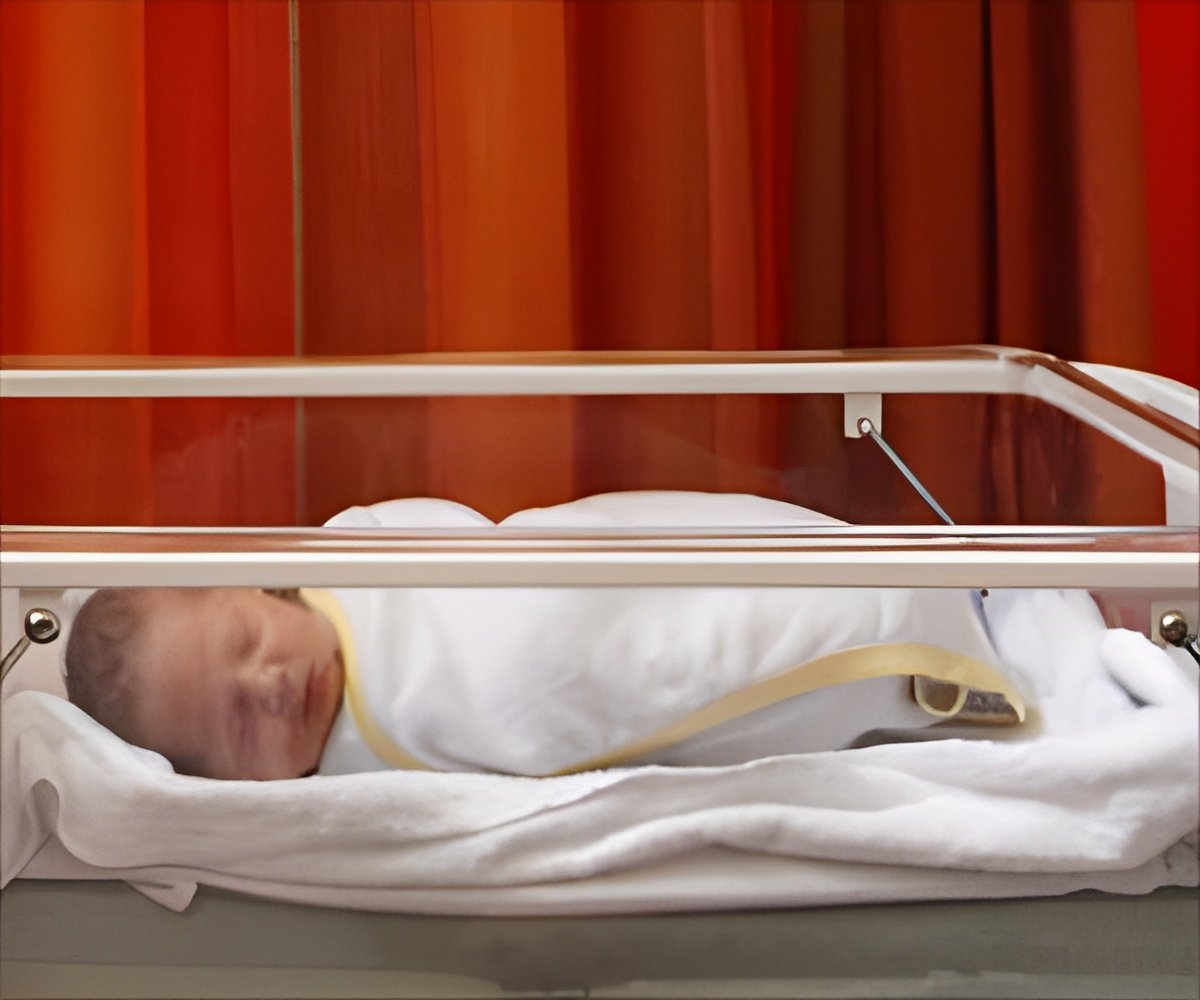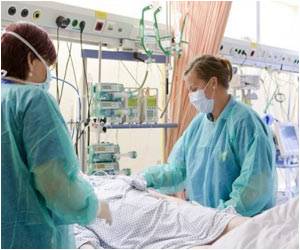The mental performance of babies who had received general anesthesia against those who had been given a local were analyzed and found no difference between the groups.

TOP INSIGHT
Babies who receive general anesthesia are more likely to suffer temporary breathing problems.
The study involved 722 babies in New Zealand, Australia, Italy, the Netherlands, the United Kingdom, Canada, and the United States undergoing hernia repair.
The effects of a general and a spinal (local) anesthetic on long-term cognition, memory, and motor skills were compared.
Most of the anesthetists are nervous about spinal anesthesia in babies.
Prof Davidson acknowledged there had been a criticism of the study, and researchers were following up the children three years later to ensure there were no effects that took longer to show up. However, he did not think that would be the case.
Prof Davidson said he was involved in a new study to test for effects from longer exposure."Most of the procedures that kids get are fairly short procedures.''
"If you have a general anesthetic, the babies were more likely to have temporary breathing problems afterward.''
Anesthetists had to be confident in their ability to do the procedure to perform a spinal anesthesia.
"To put it in, you need to scrunch the baby up and put a little needle in their back until you get a drop of cerebral spinal fluid.”
"Not all anesthetists are happy doing spinals. It's a technique that you need to learn to do,'' said Prof Davidson.
Source-Medindia
 MEDINDIA
MEDINDIA



 Email
Email








